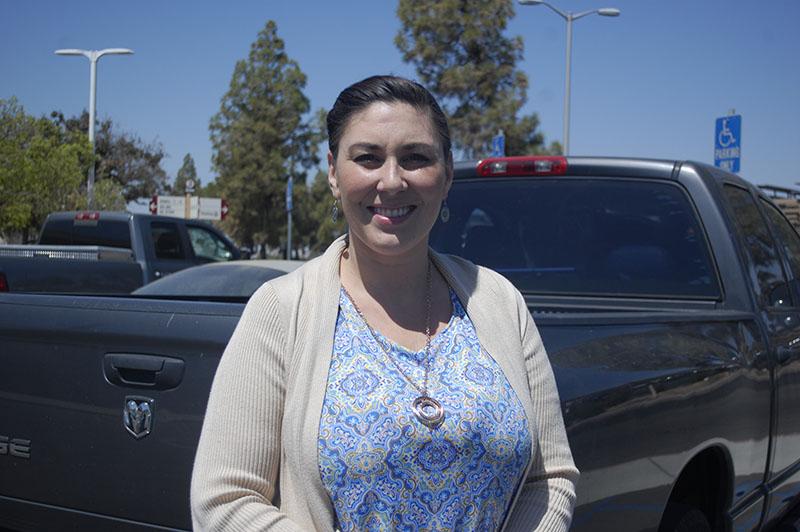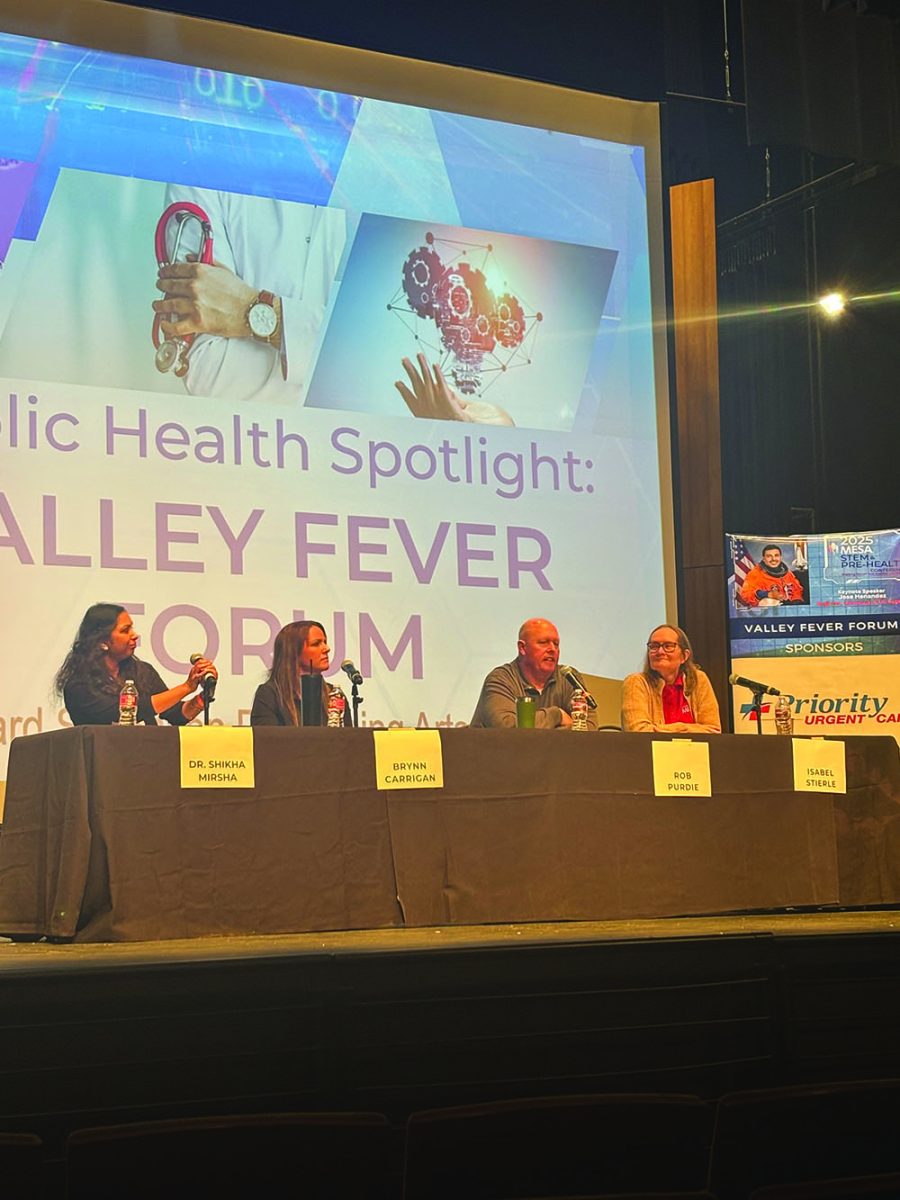Professor finds her true calling at BC
October 5, 2016
Andrea Thorson has been teaching communications at the university level for about 12 years despite the trials and obstacles she has faced in life, such as losing her memory.
She started teaching at CSU Long Beach in 2005 and began teaching at Bakersfield College in 2008. She has also coached students competitively for over 17 years.
“The most unique thing about teaching communications courses is that our discipline is directly usable. Students learn theories and then the theories can be observed in everyday life,” said Thorson.
Thorson, however, originally had designs on working in law.
“Since as early as I could remember I intended to be a lawyer, constitutional law. I took the LSAT and did well. I was set to take it one more time, and then days before the test, I was in a horrible car accident. The physical injuries I sustained were devastating and life altering, but nothing was more painful than the damage to my mind,” Thorson said.
“My memory, which had always been my strongest skill, was destroyed. I had been able to memorize an entire play in a matter of a day, but after the accident I couldn’t read more than a few words without forgetting where I was. Each day I had to wake up and select a sticky note from my mirror in order to read directions on how to get to my classes. I didn’t want to admit how bad it was but, looking back, it was shocking and I’m not sure how I managed it in my last semester.”
The doctors were not able to tell Thorson if she would be able to get her memory back to normal again or if she would regain memories from her past. It wasn’t long before the procedures and recovery were unbearable for her. She needed a challenge. And even though it was after the deadline, she applied to graduate schools.
The reason she selected CSULB was because it had one of the top-three programs for her area at the time and was close to her parents and doctors. She believed she could have done better so she wasn’t excited about going.
Thorson said, “I was glad to be of use again or I would have stayed permanently sad inside. I began teaching public speaking and debate classes at CSULB in 2005 as a graduate student, and I loved it!”
When asked who she credits the most for her career in communications, Thorson says it was her mother. “I was basically born on a forensics speech and debate team bus. I spent my childhood weekends traveling to competitions with my mother’s speech team all over Montana where I was born and raised. I never planned on being a professor.”
Thorson says that interpersonal communication is the most rewarding of all.
“I teach nearly all the communications courses we offer and I love each of them for different reasons. If I had to pick, I am able to get the most from interpersonal communication courses because that class has such a beautiful ability to save people and I really mean that. The class works on self-esteem, self-worth, perception, prejudice, conflict-resolution, romantic relationships, communicating love, taking responsibility, building strong relationships and knowing when it’s healthiest to terminate relationships. These are lessons that I know each student will benefit from and be able to use in their lives and that gives me great satisfaction and hope,” said Thorson.
Most of the Communications Department faculty have their own books published that are being used in other states. Thorson is one of these several authors. Her first paper she ever submitted to a conference was accepted and won top debut paper: “The Rhetoric of Law: The U.S. Obscenity Clause from an ISA and Feminist Legal Theory Perspective.” It is still used as a standard.
On campus, Thorson is vice president of the Academic Senate, lead professor for Oral Interpretation, co-lead for Public Speaking, faculty lead for the Communication Project, faculty lead for the Renegade Talks and amember of Women’s History and More.
Thorson says growing up she was extremely shy and introverted. Her favorite hobbies were reading, doing schoolwork, running and exercising. She ran track, as well as played tennis and volleyball. Her sisters were the opposite: very outgoing and loved to party. Even her mother could handle the light, but not her, she recalls.
In fourth grade, Thorson’s difficulty with communication made her feel as if she was hurting someone that she loved, her mother, who was the top forensics speech debater at the time. This motivated Thorson to become the person that she is today. She pretended to have confidence and work on her competence and it became who she was.
She acknowledges now that communicating by talking, as a profession, isn’t a longshot with her new-found confidence and she is proud to be teaching alongside her mother. She says it’s great to know that her mother is nearby inspiring her every day.
Thorson feels that she teaches as more than just a career, she says it is a lifestyle. Classes to her are like sub-family communities and everyone’s voice should matter. Embedded inside her is a morally high expectation of her students.
She has positively influenced them to reach her expectations and changed their attitude on life for the better. She has inspired students to follow their dreams such as: psychologists, painters, public speakers, actors and more.






